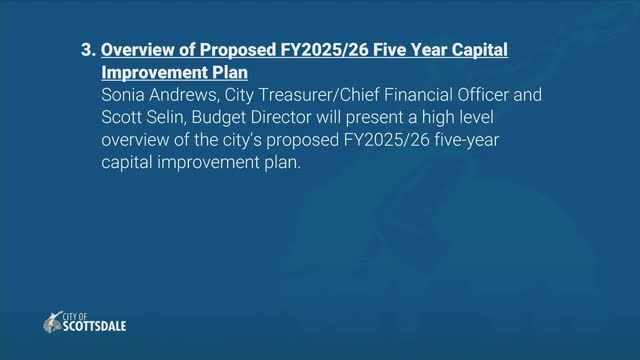Article not found
This article is no longer available. But don't worry—we've gathered other articles that discuss the same topic.
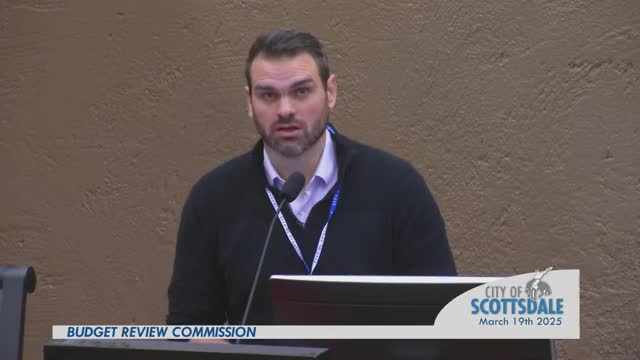
ALCP projects near completion as costs rise; staff cites inflation, stormwater and right-of-way
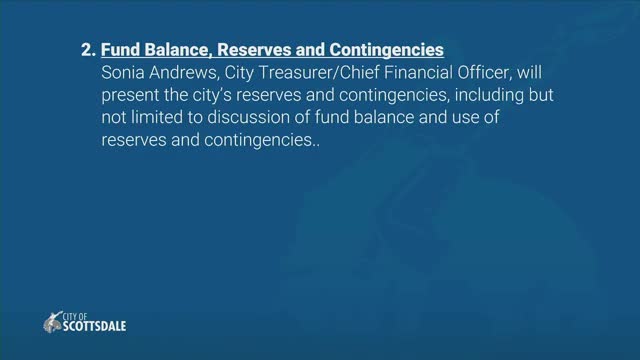
Scottsdale staff outlines fund-balance rules, warns reserves below 20% risk rating downgrade
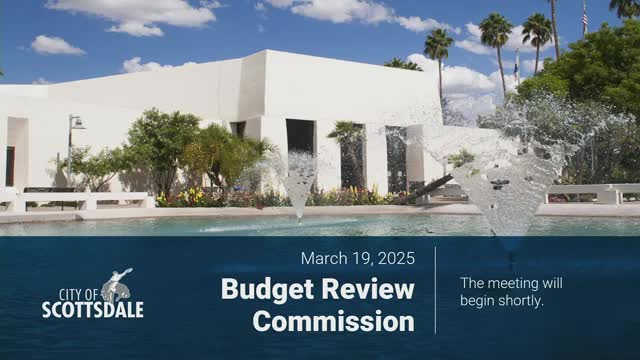
Budget Review Commission approves corrected minutes, adjourns after CIP and transportation briefings
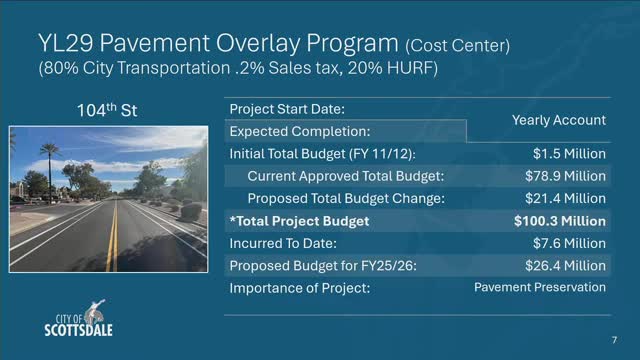
Commission weighs $26 million pavement-preservation increase as city's PCI hovers near 62
